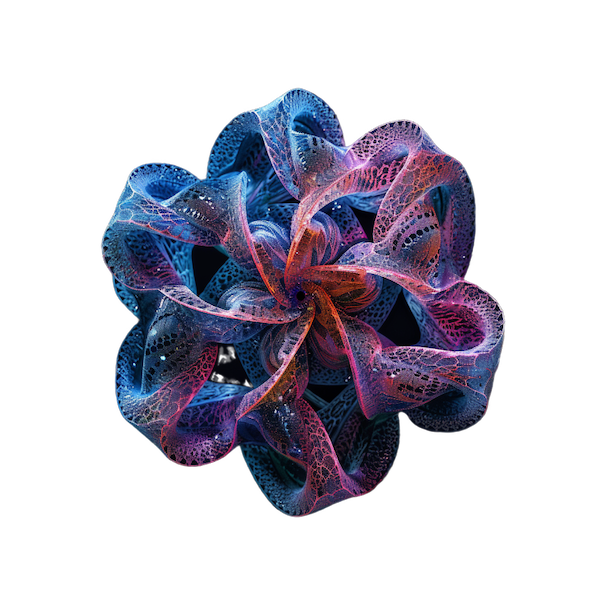
Exploring human-nature connection through an experimental film on societal conditioning

Background
I'm a fourth year undergraduate student at McGill with a major in International Development and a double minor in Environment & World Cinema. My interests lie deeply in film, the way it is used to practice knowledge and to construct realities that become microcosms of the living world. At BLUE, I am working on an experimental film that explores the concept of nature and the ways in which humans have created meaningful connections to what is considered "natural/untouched". The most obvious feelings associated to this connection are moments of awe that we experience when exposed to what we would call "natural" landscapes or objects. I am looking to understand how our connection is in one way, conditioned by societal ideologies and in the more important way, intrinsically linked to a communal sense of "being". Through film, I explore a man-made trail in the night time to prove that this feeling of awe is deeper than knowing if a space is natural but rather based on the condition of consciousness and awareness towards one's surroundings. Using infrared imagery and a mix of bodily sound & environmental ambience, I try to describe an indescribable feeling by placing the audience "there".
"NATURE": Made by Man
My project seeks to bridge the distance between humans and nature using an experimental film format. The film will aim to convey that this gap is man-made and has been maintained, for the most part, to feed capitalistic needs. People living in urbanized societies have popularized certain symbols to associate with nature. These symbols are socialized through the media we consume, the political parties in power and through the marginalization of alternative views. This, in turn, leads to the construction of a cognitive image regarding a nature that already contains pre-conceived requirements (ex. green, trees, birds etc.). This is important because the way we conceive nature directly affects our agency and response to environmental cues. Film is a good way to explore this topic because it is equal parts exposition and exploration. Through film, we can construct the same configuration of nature we see today and deconstruct them at the same time to reveal their fictionalization and biases. This leaves room for alternative understandings of nature as well as the marginalized communities that support them.
.svg)




